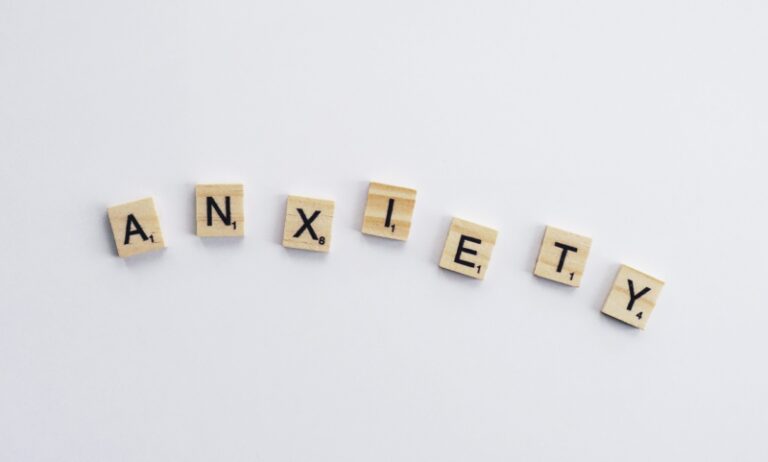Teen Mental Health by Gender: Why Personalized Therapy Matters
Today, teenagers face more pressure than ever: academic expectations, social comparison, and the weight of figuring out who they are in a world that rarely pauses to ask how they’re genuinely doing.
But, emerging data from a recent Pew Research Center study reveals that while today’s teen boys and girls often face similar challenges, how they experience and express them can differ.
What the Research Says About Challenges Teens Face Today
Teens are thinking deeply about their futures, friendships, and self-worth. They care about doing well. They want to feel seen. And they need safe, supportive spaces to process the complexity of growing up.
Between academic stress, social media, peer comparison, and the impact of global events, many teens report feeling burnt out, overwhelmed, or disconnected.
Academic Pressure
According to Pew, 68% of teens report feeling “a great deal” or “a fair amount” of pressure to get good grades (a shared stressor across genders). However, 42% of teens say girls at their school get better grades than boys, and just 3% say boys outperform girls academically.
Schools often favor quiet, organized behavior, aligning more with girls’ early socialization and brain development. Boys, meanwhile, may struggle with impulsivity or restlessness and benefit more from movement, hands-on learning, or alternative approaches not commonly prioritized in traditional academic settings.
Mental Health
Mental health also doesn’t typically present the same way for every teen. Girls are more likely to battle internal struggles that can go unnoticed, developing into challenges with anxiety, depression, and perfectionism.
Boys, on the other hand, may act out. The study found that among teens who say fights are common, 44% believe they are more common among boys, and 39% say boys are more likely to engage in drug use. Behaviors like anger, substance use, or school disengagement are often labeled ‘bad’ instead of recognized as expressions of emotional pain.
Emotional Support
So, how are teens managing these challenges? Teens often confide in friends before adults, but not all have someone they trust. The Pew data shows that while 95% of girls report having a close friend for support, only 85% of boys say the same. That gap may seem relatively small, but it matters.
58% of all teens reported that girls have it easier when it comes to having friends they can lean on. Boys are often taught to hide vulnerable emotions, which may make it harder for them to seek help when they need it most.
Personalized Therapy That Meets Teens Where They Are Matters
Many teens worry about their future, their identity, and whether they measure up. And though they may not always show it, they often carry a lot behind the scenes. These emotional loads deserve to be met with empathy and supportive tools to help them cope.
But no two teens are exactly alike. What works for one teen might feel completely off for another. That’s why personalized, gender-informed care is so critical. Our team of licensed therapists throughout California are trained to support all teens in different but equally compassionate ways, based on their unique needs. Our practice is also inclusive and a safe space for all LGBTQ+ teens.
To learn more about our therapy services for teens, contact our Intake Coordinator today at (949)236-1990 or visit our Get Started page.







